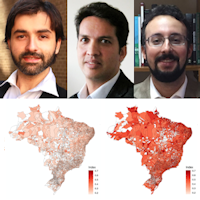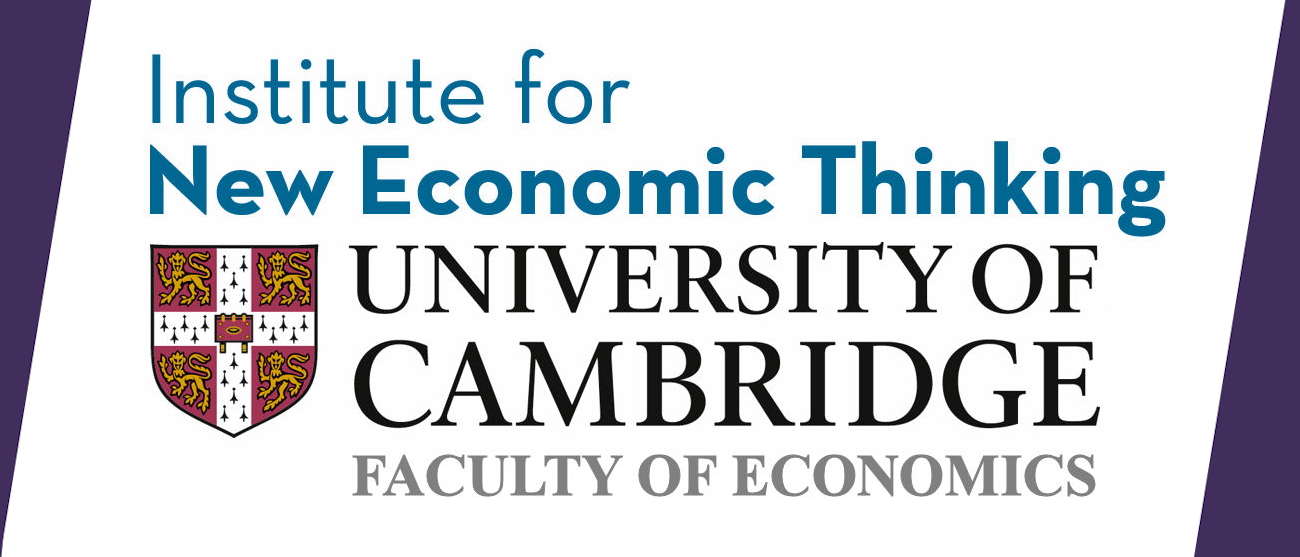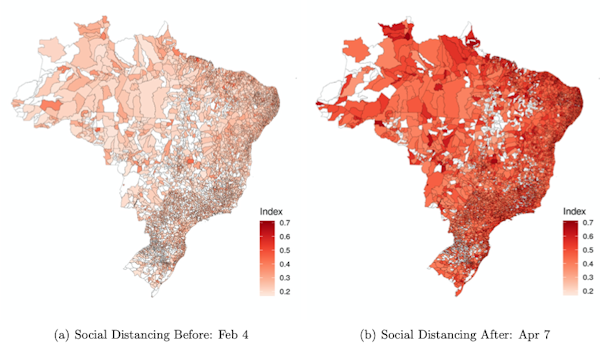Whether it is by reducing information asymmetries or by setting a social norm, leaders’ examples and words can drive behavioural change among citizens, on top and above incentives and institutions.
The role of a leader in a pandemic, such the one caused by the COVID-19, is crucial. Individuals may ignore the best practices to avoid the spread and the transmission of the virus. While most countries have, at some point, implemented non-pharmaceutical interventions (NPIs), such as quarantine or school closures, the public speeches and narratives of leaders have been heterogeneous. At one extreme, many heads of states have been emphatic in their fight against the virus. On the other extreme, many others, such as Brazil’s president Jair Bolsonaro, have minimized the consequences of the virus and questioned the need of implementing or extending NPI’s.
Were Bolsonaro’s words powerful enough to have an effect on social distancing in a scenario of growing contagion and NPIs implemented by subnational governments? We address this question by combining electoral data and granular geo-localized mobile phone data (https://www.inloco.com.br/en/) from 60 millions of anonymous devices in Brazil. We use a social distancing based on the proportion of individuals who left their homes during a given day. We combine this dataset with the results of the 2018 presidential election and investigate the effects of Bolsonaro’s speech on social distancing by estimating a two-way fixed effects model - day and municipality fixed effects. We find that Bolsonaro’s speeches and actions have had stronger impact on relaxing social distancing in municipalities where his support was stronger in the 2018 election relative to those where his support was weaker.
Read Dr. Cavalcanti's paper: More than Words: Leaders' Speech and Risky Behavior During a Pandemic
Figure VII. Social Distancing Index: Before and After
This research was featured in the following media outlets:
University of Cambridge Research News

About the authors
Dr Nicolás Ajzenman is an Assistant Professor in Economics at the Sao Paulo School of Economics-FGV. He holds a Ph.D. in economics from Sciences Po, a Master in Public Administration/International Development from Harvard University. His research focuses on Applied Microeconomics, Behavioural Economics, Crime, and Development Economics.
Dr Tiago Cavalcanti is University Reader in Economics at the University of Cambridge, Fellow of Trinity College, Adjunct Professor at Sao Paulo School of Economics-FGV. His research expertise is Macroeconomics, Growth, Economic Development.
Dr Daniel Da Mata is an Assistant Professor at Sao Paulo School of Economics-FGV. He holds a Ph.D in Economics from the University of Cambridge. He specialises in Public Economics, Urban Economics, and Development Economics.









